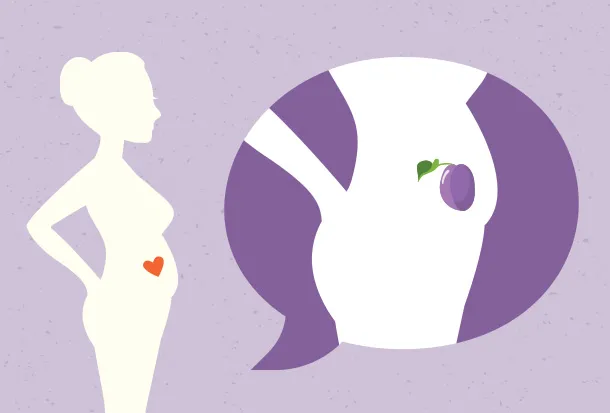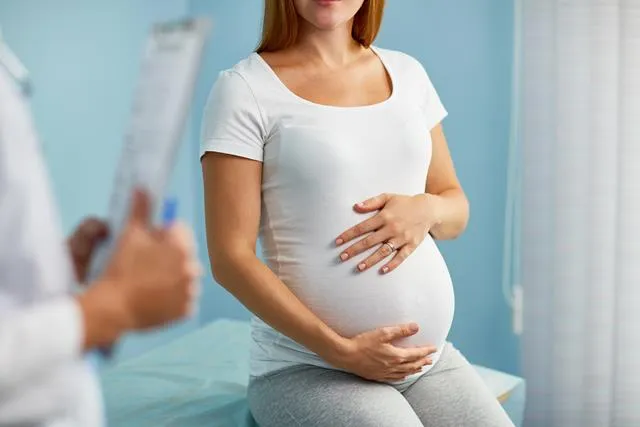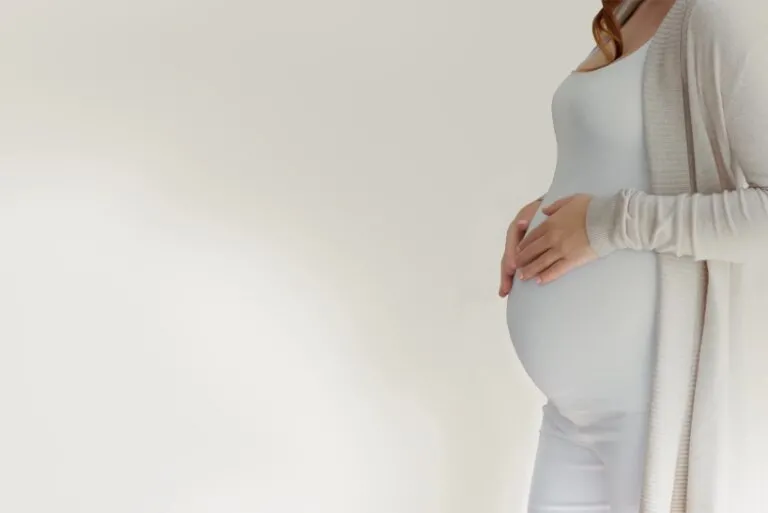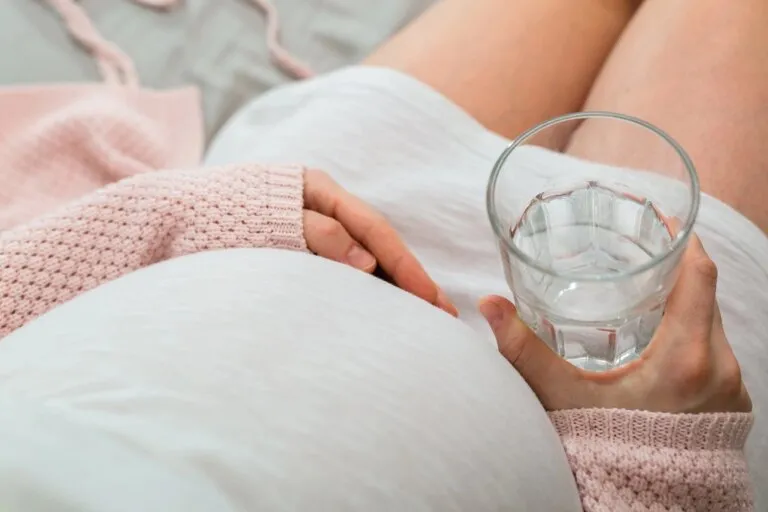In the 9th week of pregnancy, the ultrasound examination confirms the presence of the baby. However, it is a time of unpleasant physical discomfort and various emotional states that the expectant mother experiences.
A baby in the 9th week of pregnancy measures about 3-4 cm and weighs no more than 6 g. The development of the baby is the cause of many physiological changes. The enlargement of the uterus causes discomfort in the lower abdomen, the rapid metabolism promotes weight loss, and the increased blood volume makes the veins on the breasts visible.
Symptoms in the 9th week of pregnancy
The ninth week of pregnancy is the beginning of the third month (1st trimester) for the mother and about the seventh week of life for the developing baby. The baby in the 9th week of pregnancy resembles an olive, but its dynamic growth causes many physiological and psychological changes in the woman’s system. The uterus is preparing to accommodate the developing foetus, so its walls stretch and press against the neighbouring organs and tissues. This condition is usually manifested by menstrual-like discomfort in the lower abdomen. There may also be isolated patches of dark red or brown colour. Despite the changes in the uterus, the abdomen is not yet visible in the 9th week of pregnancy. It is also unlikely that the expectant mother will gain weight.
The persistent nausea in the 9th week of pregnancy, and sometimes vomiting, effectively takes away the appetite and strength to eat, so it is not uncommon to lose weight. This should not be a cause for concern. During this time, the body uses up the previously accumulated energy reserves to provide the baby with the necessary nutrients.
In the 9th week of pregnancy, enlarged and tender breasts may be observed. The appearance of the areola also changes. The nipple tissue becomes darker and the small protrusions are larger than usual. In addition, the volume of blood in the mother’s body increases and its density decreases. As a result of this phenomenon, the blood vessels dilate, the blood pressure drops and the heart rate increases by about 20 beats per minute.
Among the circulatory symptoms during this time is a tendency to reddening of the face. The condition of the skin changes due to hormonal fluctuations. Some women enjoy a smooth and radiant complexion, while others struggle with spots and discolouration.
What happens in the 9th week of pregnancy – emotions and feelings
Pregnancy in the 9th week also causes a number of changes in behaviour and in the way feelings are felt and experienced. The consequences of this type of disorder include postnatal depression and difficulties in accepting the child and the new life situation. In the 9th week of pregnancy, the expectant mother experiences mood swings of varying intensity. As a result, there are often vivid, very realistic dreams and nightmares of an erotic or fantastic nature. The woman is often overwhelmed by a paralysing fear with an unclear cause. It is usually associated with fears about the health and upbringing of the child and about the course of the birth.
The fear of resolution can have a pathological character. Primary fear has a neurotic basis and occurs in women who have never given birth. It is often the reason for postponing the decision to become pregnant or giving up parenthood. Secondary fear of childbirth, on the other hand, is the result of psychological trauma related to the course of a previous pregnancy or birth.
In the 9th week of pregnancy, it is not uncommon for the expectant mother to develop the nest-building syndrome, which manifests itself in the form of pedantry and the desire to make the best possible use of the living space in the home. As a result of the hectic behaviour and negative emotions, a woman may suffer from chronic fatigue, crying and even aggression.









